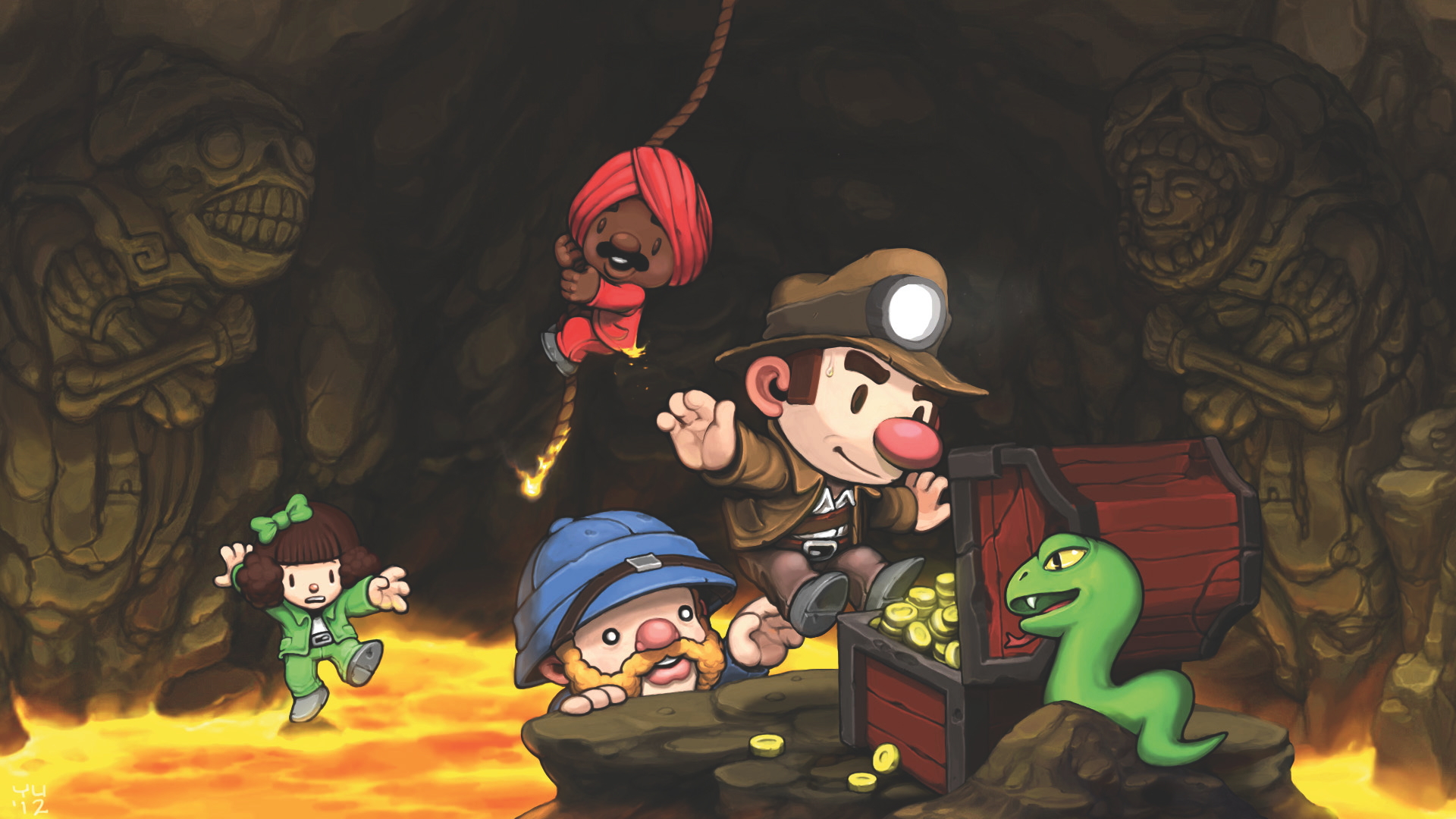
A designer on Spelunky, among one of the most well-known roguelikes of perpetuity, claims that establishing for that style is “more interesting” than in others.
Earlier today George Fan, maker of Plants vs Zombies, launched a brand-new problem game, Hardhat Wombat. While talking to GamesRadar+ regarding it, Fan went over the nature of problem growth, and the demand to purposely represent various kinds of options. That stands in comparison to several of Fan’s various other job, like PvZ, in which he claims “the gameplay was random enough” to maintain the screening procedure fresh.
“I think a lot of the reason people enjoy working on roguelikes,” he claims, “is that as a developer of the game, you can play the game a lot like a player would.” The concept is that many thanks to arbitrary maps and upgrades, a roguelike will seldom play similarly two times, which makes examining the game naturally various whenever it’s played, whether by a gamer or a QA tester.
Thankfully, I really did not need to take Fan’s word for it. His growth companion on Hardhat Wombat was Andy Hull, lead designer on Spelunky, a game still dealt with as one of the most effective roguelikes of perpetuity. When I place Fan’s remarks to Hull by means of e-mail, he confessed that discovering a brand-new strategy for each brand-new screening playthrough had actually been something of a difficulty.
“Making a puzzle game like Hardhat Wombat does really require you to consciously try and remind yourself of what a new player would be experiencing. After solving each level once […] it was very hard to judge the difficulty of the puzzle precisely.” Hull claims he would certainly “fall into bad habits” throughout screening by regularly coming close to each problem similarly – “I had to force myself to try odd solutions to make sure everything was working correctly.”
On Spelunky, nevertheless, points were somewhat various. Hull claims that “because the experience was random each time, I was more likely to naturally try new tactics and combinations. Playing random levels is certainly more interesting when you spend so many hours testing during development.” The regrettable benefit, nevertheless, is the quantity of time that contributes to points like insect dealing with, as it obtains tougher to locate all the possible versions of a certain methods of having fun.
For all that intricacy, the fundamental range does appear to maintain designers and gamers returning. Spelunky could be near the height of the style, yet the roguelike has an abundant background and stays an extremely amazing component of the indie scene today.
Don’t think us? Check out our checklist of the best roguelikes.
Source: gamesradar.com


